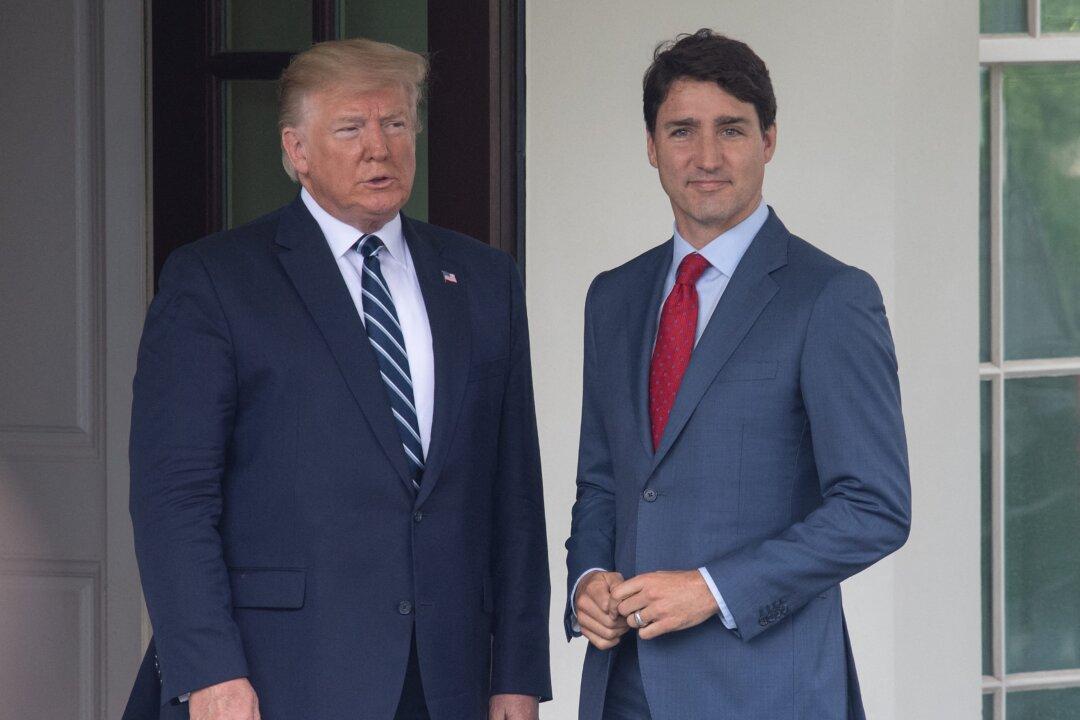President-elect Donald Trump has once more brought up the notion of Canada becoming the 51st U.S. state, this time saying “many Canadians” support the idea.
“Many Canadians want Canada to become the 51st State,” Trump wrote in a Dec. 18 Truth Social post, adding that Canadians would “save massively on taxes and military protection.”





